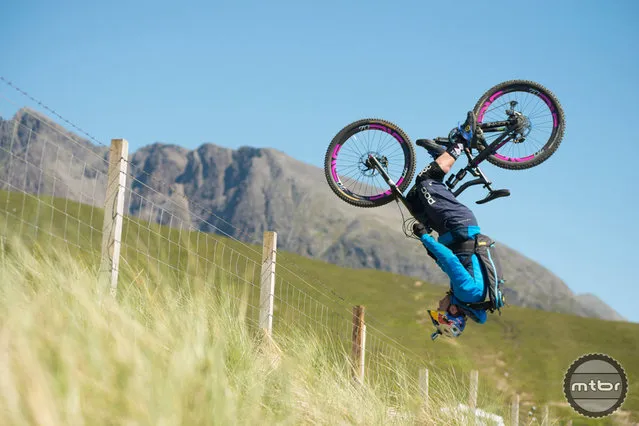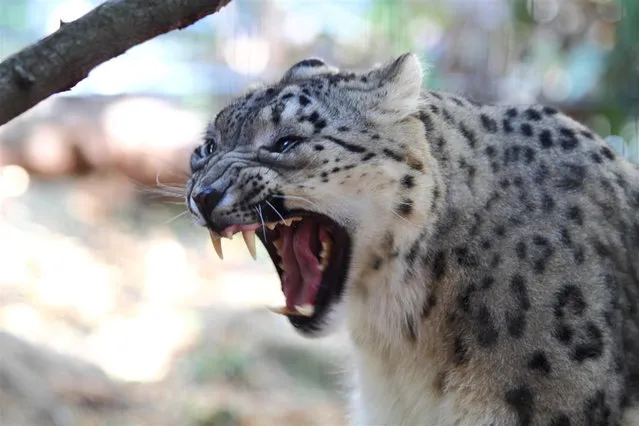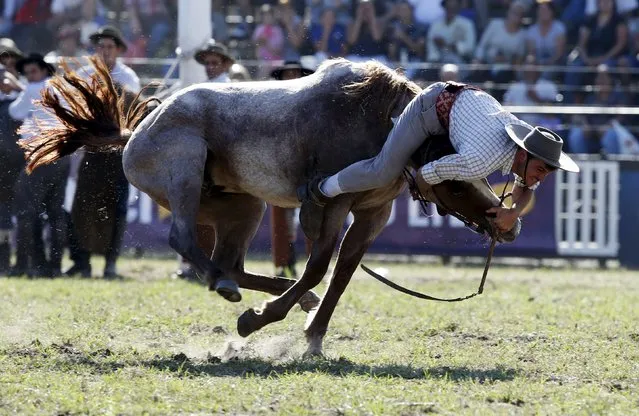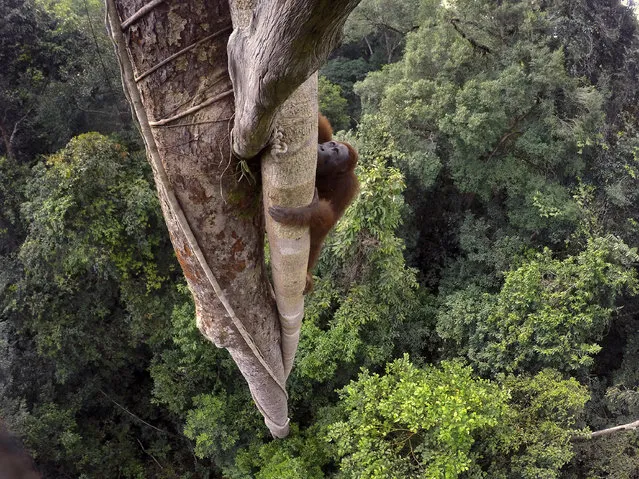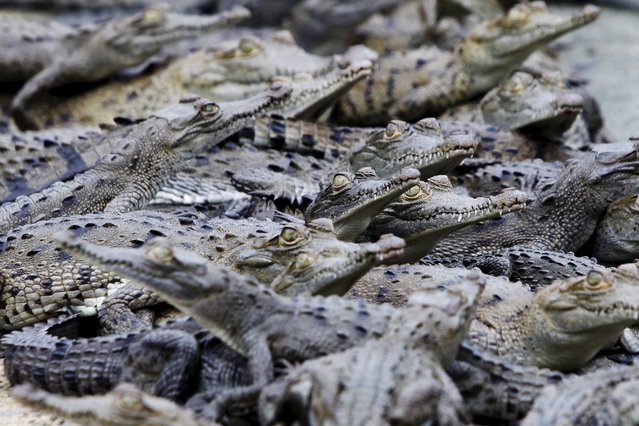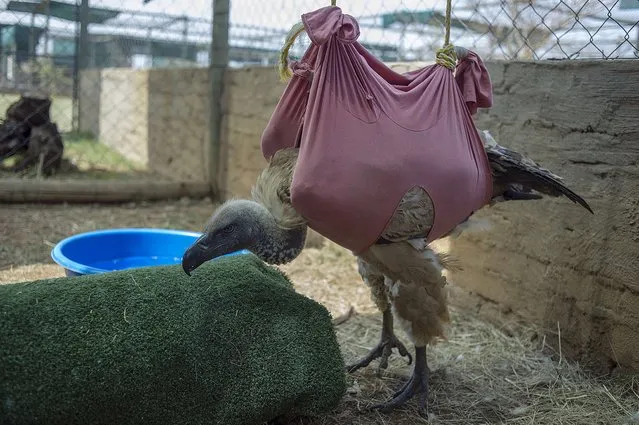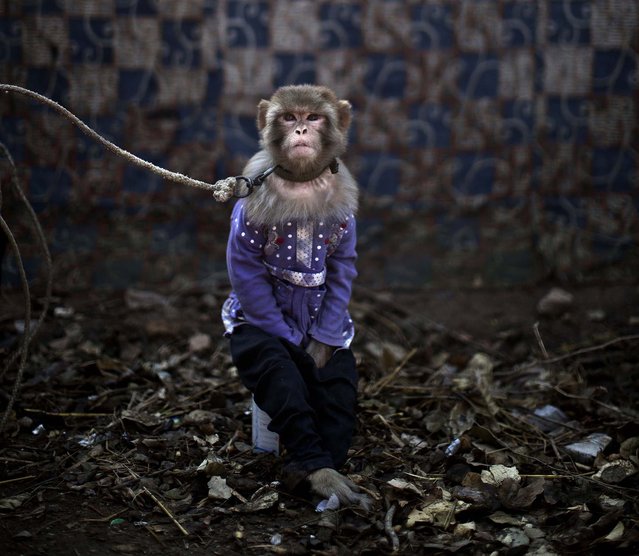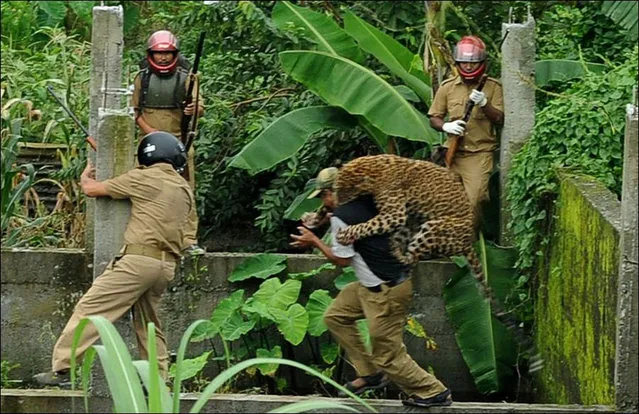
A wild leopard mauled six people in a village in rural India, including police and forest rangers. The attack happened yesterday in Prakash Nagar near Siliguri in West Bengal, a village of about 3,000 people. The leopard was finally tranquilized and died at a veterinarian's office from the barrage of blows from the police and forest rangers.
27 Aug 2014 14:12:00,post received
0 comments

